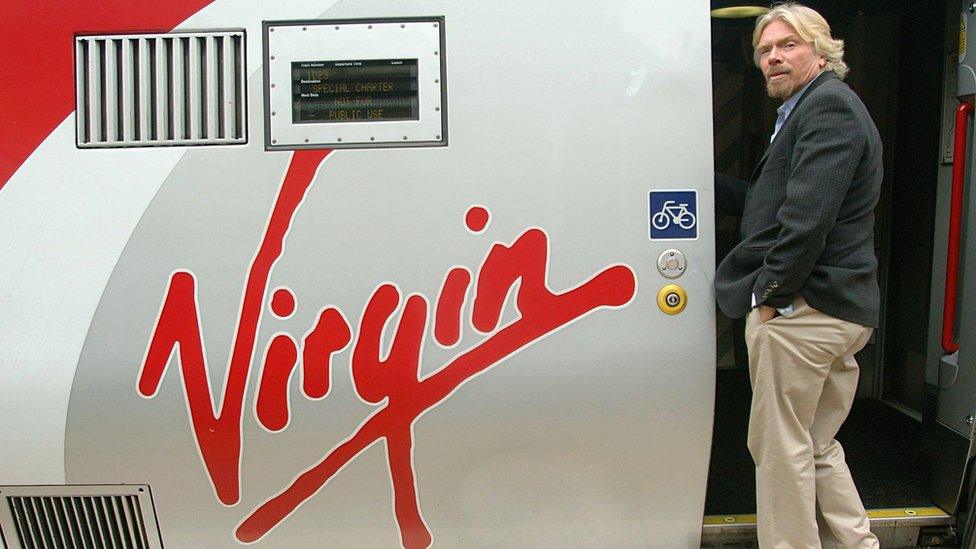Rail firms want independent body to oversee network
- Published
- comments
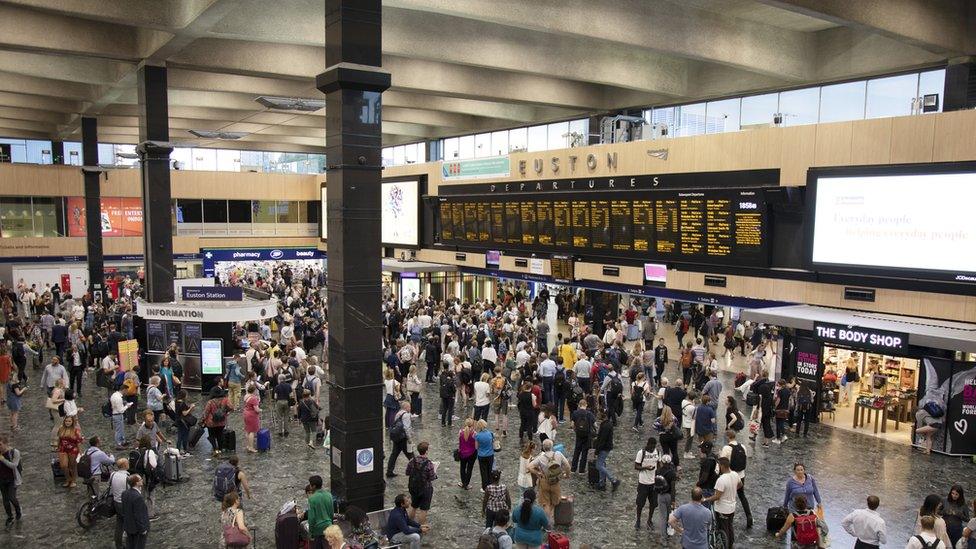
An independent body should oversee the rail network, according to Britain's railway companies.
In submissions made to a government-appointed review into rail, the firms also said long-distance routes should be serviced by more than one company.
The Rail Delivery Group (RDG) added that control of commuter routes could be handed over to local authorities.
It suggested commuter routes could be organised in a similar way to Transport for London in the capital.
Local government oversees timetables and organisation in London, with private operators subcontracted to provide the services.
"We are suggesting replacing the current franchise system as it stands at the moment," RDG regional director Robert Nisbet told BBC Radio 4's Today programme.
"These proposals would result in a much more joined-up railway and greater accountability to passengers.
"We believe that would be best done by a system of dynamic contracts around the country.
"There would be an overarching apolitical body that would be in charge of this system, dealing with the trade-offs, but also policing it and issuing rules that bind and fines that bite.
"We are putting forward what we think is a compelling vision for both the public and private sectors working together in partnership, underpinned by an easier fare system which would deliver the best fare for any passenger whenever they took their journey."
The Strategic Rail Authority, which was established in 2000, used to carry out this role, but it was abolished in 2004.
Henri Murison, director of the Northern Powerhouse Partnership, said: "In the major northern cities, and across the Northern Powerhouse, this devolution would make it possible to integrate transport better.
"This is already being worked towards, with more touch-in-and-out travel within - and in between - our towns and cities in the North.
"This would be used by more of us as passengers if the government supports the fare system being reformed more quickly."


If you found the plot of Avengers: Endgame hard to follow - constant jumps backward and forward in time and endless reprises of old plots - then you can give up now on trying to understand what is happening on the reshaping of the railways.
There has been constant discussion of the best structure for the industry since privatisation in the late 1990s.
There is a well-established pattern: pressure for change gradually builds up to a reorganisation, which is given a short period of grace before the cycle begins again.
We are at the late stages of a cycle, with Keith Williams, the former British Airways chief executive, in charge of delivering the new structural plan.
The Rail Delivery Group's plans follow the Avengers: Endgame model - there are blasts from the past and missed ideas that have been tried before. The idea for a new central, non-political rail authority is both.
There was a Strategic Rail Authority, which did some good - and along the way, trod on many important people's toes - which might have played a part in its eventual disbanding in 2004.
Handing control of commuter routes to local authorities is an extension of what has already happened on some London commuter routes, with the creation of the London Overground, while the idea for competition between inter-city operators is straight out of Sir John Major's original privatisation blueprint.
Mr Williams' task is to make sense of this convoluted plot and produce a plan that survives beyond the normal cycle of change.

Currently, most UK rail services are operated by fixed-term franchises, which involve the Department for Transport (DfT) setting out a specification covering areas such as service levels, upgrades and performance.
Train companies then submit bids to run the franchise and the DfT selects one of the applicants.
Rail, Maritime and Transport union general secretary Mick Cash said the RDG was proposing a "deregulated free-for-all" that would lead to fare rises for customers.
The RDG's vision is likely to be seen as an attempt to stave off nationalisation, as proposed by Labour.
But the government has said privatisation has helped "transform" the industry.
The UK's rail network has been beset by problems, with the East Coast Mainline brought back under government control in May - for the third time in a decade.
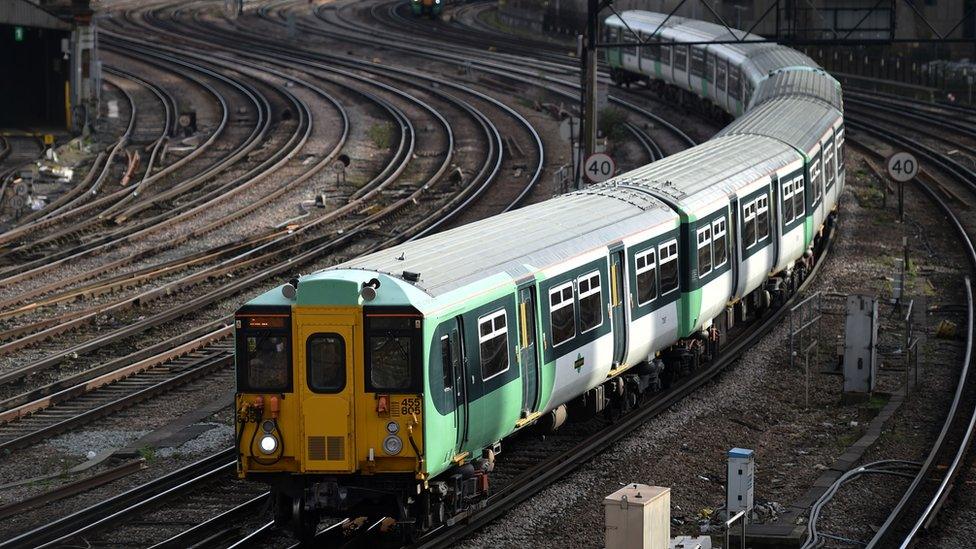
Last year, hundreds of trains were cancelled amid a huge timetable reorganisation on services including Southern, Thameslink and Great Northern.
This month, Stagecoach was barred from three rail franchise bids, including one in partnership with Virgin Group. The DfT disallowed the bids because they did not meet pensions rules.
Virgin was bidding to renew the West Coast franchise in partnership with Stagecoach and France's SNCF.
Stagecoach had also applied for the East Midlands and South Eastern franchises, both of which have been rejected.
Keith Williams, former chief executive of British Airways, is due to deliver a report on the future of the industry this autumn.
- Published24 April 2019
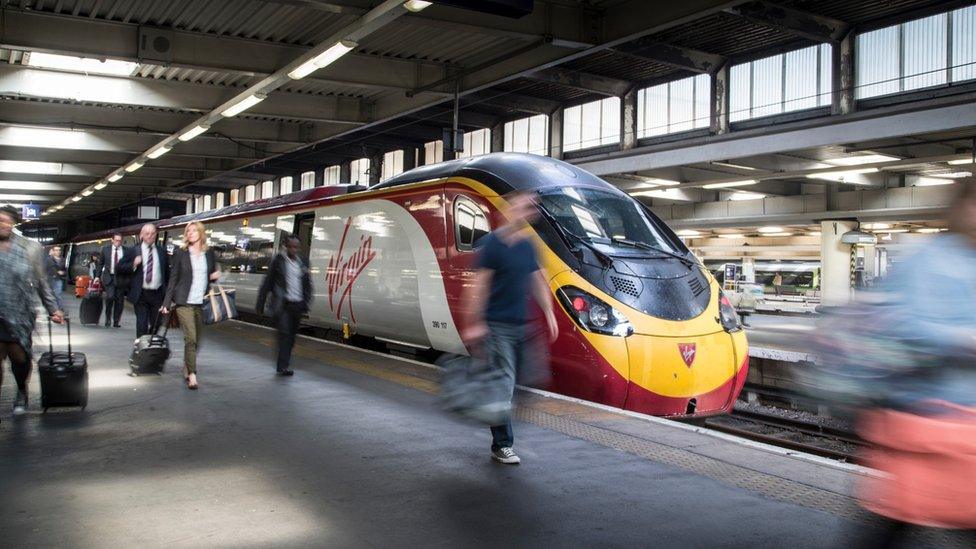
- Published15 September 2018
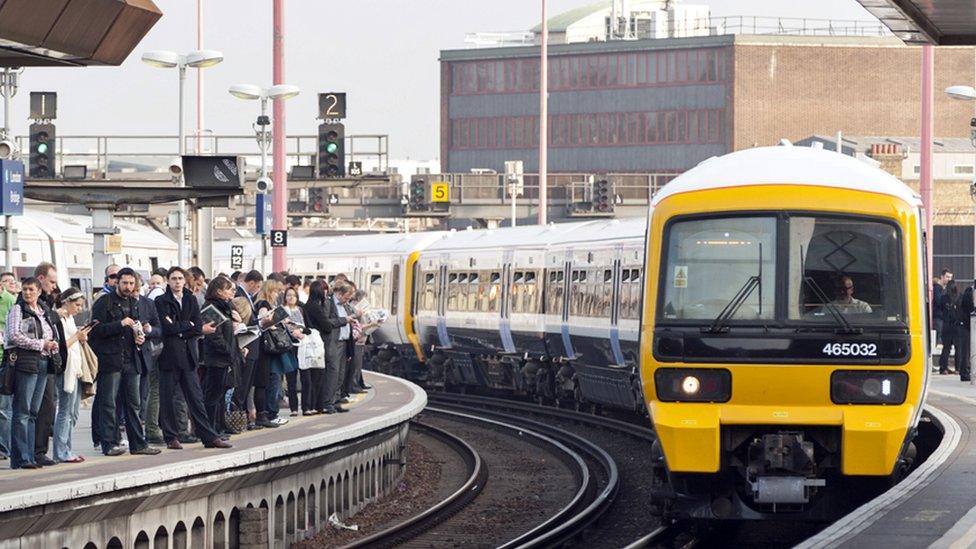
- Published5 June 2018
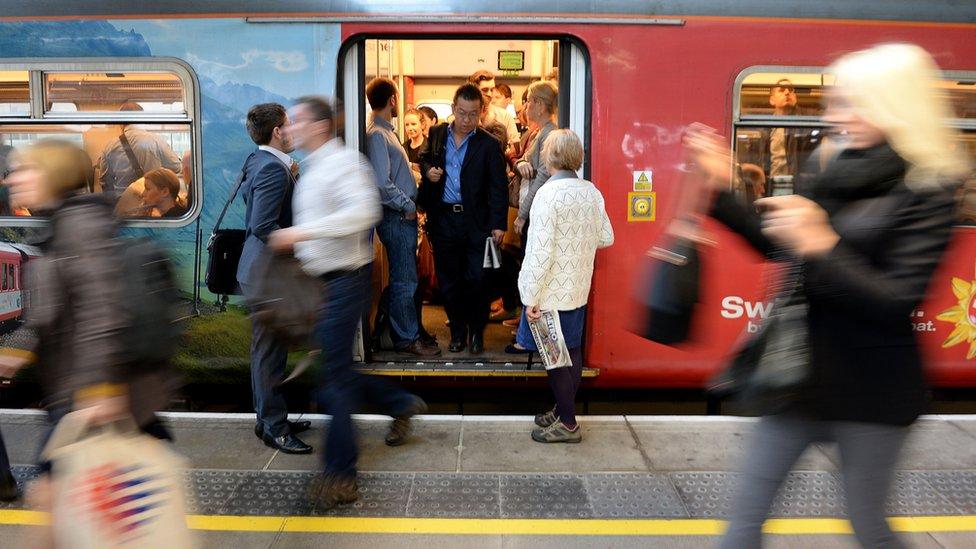
- Published10 April 2019
